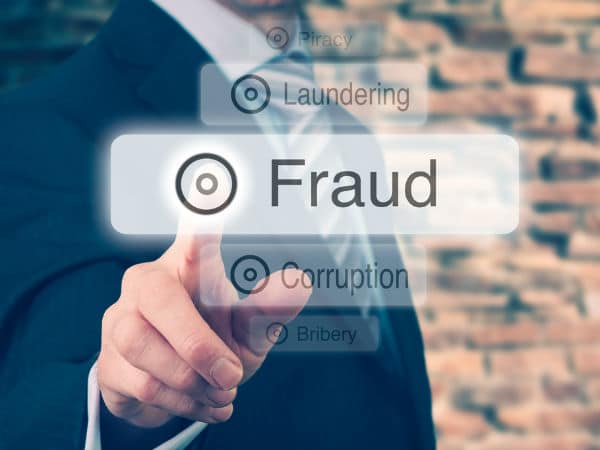Internet Fraud – Tips And Descriptions
Tips for Avoiding Internet Auction Fraud: Understand as much as possible about how the auction works, what your…

Tips for Avoiding Internet Auction Fraud: Understand as much as possible about how the auction works, what your…

The following are some of the most common scams that the FBI investigates and tips to help prevent you…